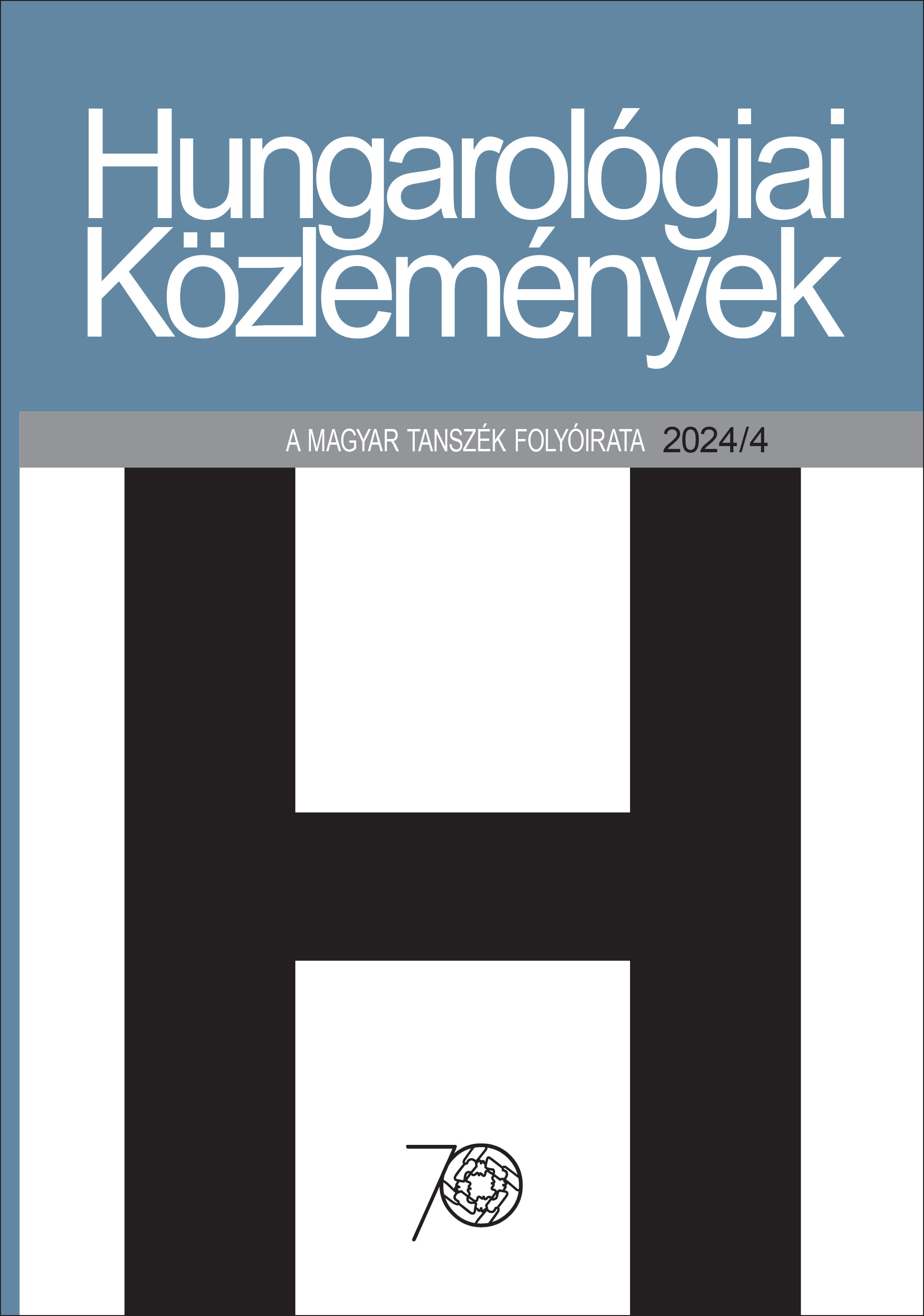A diáknyelv régen és most – a szótárak és más források tükrében
Student language in the past and now – in the reflection
of dictionaries and other sources
Author(s): Anita SchirmSubject(s): Language studies, Language and Literature Studies
Published by: Филозофски факултет, Универзитет у Новом Саду
Keywords: student language; language change, lexicography; student language dictionaries; slang
Summary/Abstract: The study examines the changes in student language from the first printed student language dictionary, compiled by Károly Dobos in 1898 to the recent student language word collections. In addition to the analyzed printed sources, song lyrics, blog posts, and videos from social media were also used to explore the characteristics of student slang. The analysis showed that, despite the rapid changes in vocabulary, playfulness, creativity, and humor have accompanied this sociolect throughout. The use of foreign words (initially Latin and German, then English) is characteristic of all periods. The main forms of word formation include using colloquial words with a new meaning, metaphoricity, folk etymology, and playful word formations. From student language dictionaries and other sources that use student slang, we can not only learn about the meaning of individual words and the inventiveness of students’ language use but also get a glimpse of student life at any given time.
Journal: Hungarológiai Közlemények
- Issue Year: 25/2024
- Issue No: 4
- Page Range: 67-83
- Page Count: 17
- Language: Hungarian

